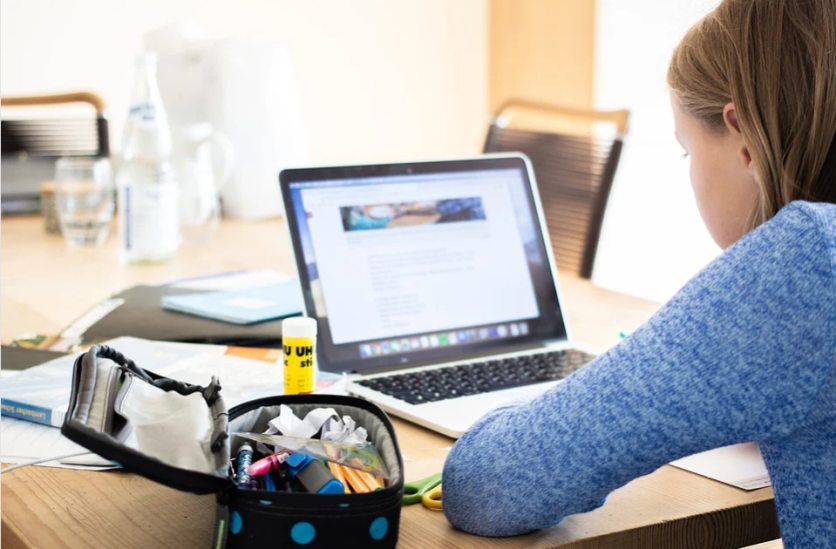
Fight For the Future is a privacy-focused nonprofit organization that has launched a new website. It lists the colleges and universities that plan to use virtual proctoring software during the fall semester.
Fight For the Future Tracks Eproctoring
The platforms such as ProctorU and Proctorio usually uses the webcams of the students to watch them and record their activities as they work. It uses automated systems or live monitors to flag any possible signs of cheating.
The practice has sparked controversy in the United States as students, teachers, and the public cited privacy concerns and pointed out that the software discriminates against marginalized students, according to The Verge.
However, despite the backlash, there are still some colleges that uses eproctoring. In 2020, most schools in the United States used the software as the coronavirus pandemic forced the students and teachers to conduct classes in their respective homes. It was the only software available to watch for dishonesty on exams take at home.
This fall, many schools will resume in-person examinations as the COVID-19 vaccines have been rolled out, but there are still some universities that plan to continue using eproctoring software in some capacity, according to California News Times.
According to Fight For the Future, it has asked numerous colleges about their plans and has labeled their responses with "Won't Use," "Might Use," and "Are Using." The followers of the organization are prompted to email universities to denounce the use of the software.
On the front page of the Fight For the Future website, a "webcam image test" is added. It is meant to determine whether eproctoring algorithms could accurately identify a viewer's face.
Fight For the Future says the test uses the same computer vision software that is used by prominent eproctoring platform Proctorio but insists that it does not collect any data from the widget.
The website also urges its followers to sign a petition addressed to school administrators and to submit eproctoring horror stories to the organization.
Pressure to Drop Eproctoring
Last year, students of Carleton University were criticized by students who said that the eproctoring software that the school used was intrusive and it puts their personal information at risk of being hacked.
The software used was called CoMaS, it records random screenshots, network communications, and webcam captures, as well as the names of any documents open or opened during an exam. It is to help prevent cheating during the exam.
A petition calling for Carleton University to stop CoMaS' intrusive techniques now has over 5,000 signatures.
CoMaS was developed at Carleton University. It records the IP address of any domain that the computer communicates with.
However, it does not record the content of the communication, cache, cookies, or browser history. The software also does not record any information while it is not running.
CoMaS does not record the contents of any files or documents on the computer, according to the guidelines given to The Charlatan.
The software prevents the deletion or modification of any file inside the CoMas folder during the exam on the grounds of academic integrity. After the exam, the files and software can be deleted.
Related Article : Proctorio Facing Lawsuit Issued by EFF on Behalf of a Miami University Student After Company Used DMCA to Delete Student's Tweets
This article is owned by Tech Times
Written by Sophie Webster
ⓒ 2026 TECHTIMES.com All rights reserved. Do not reproduce without permission.




